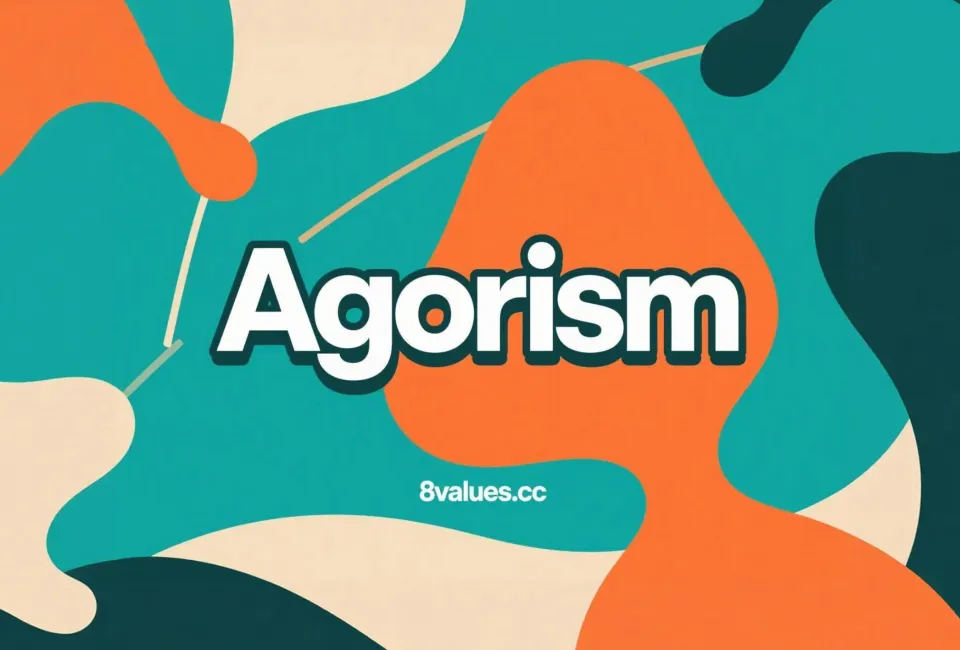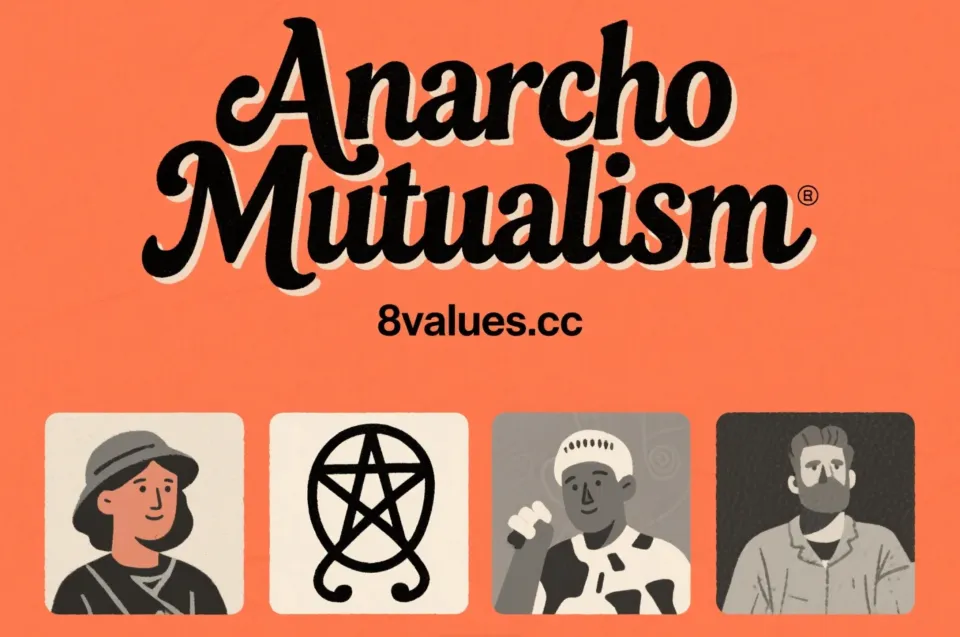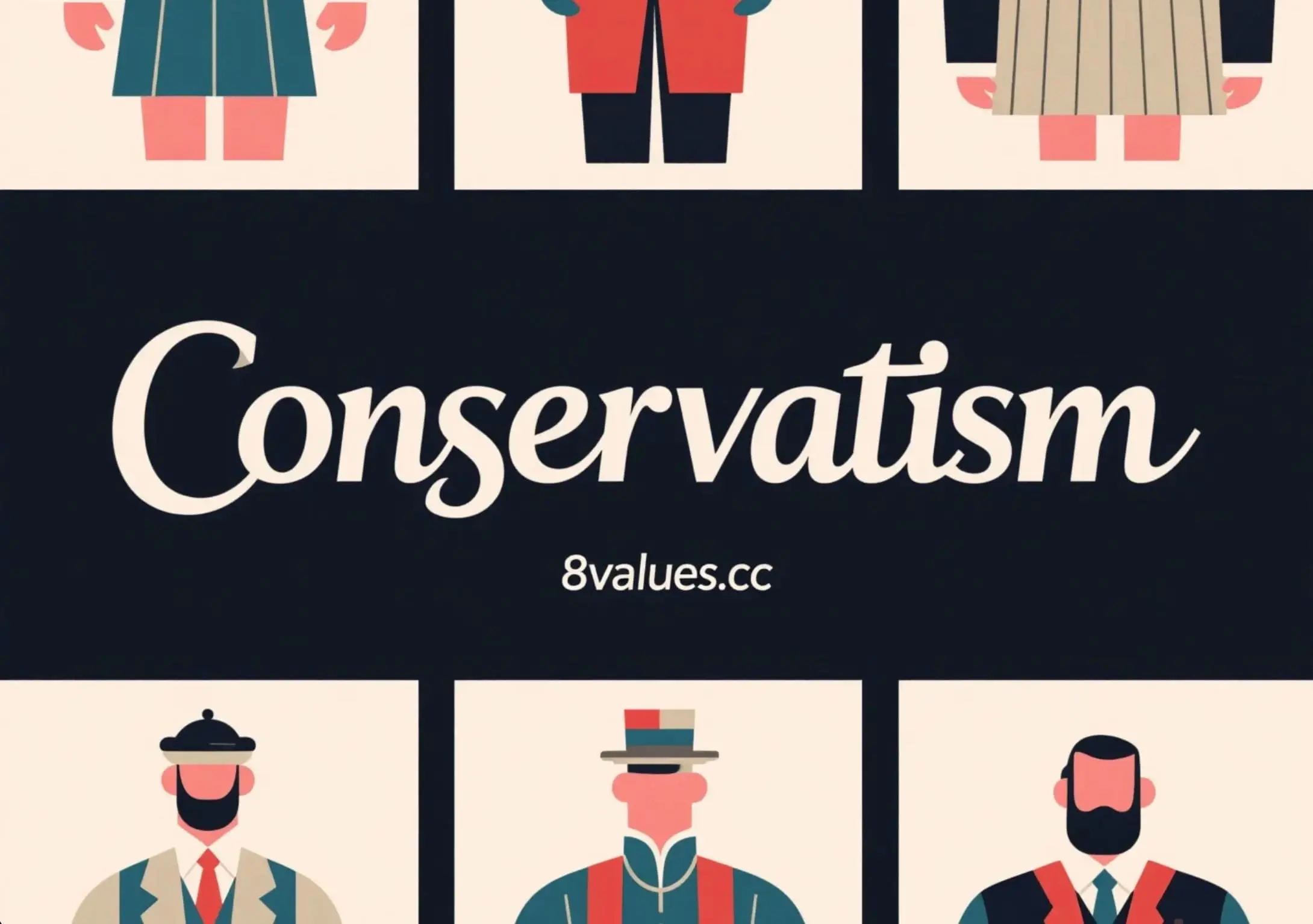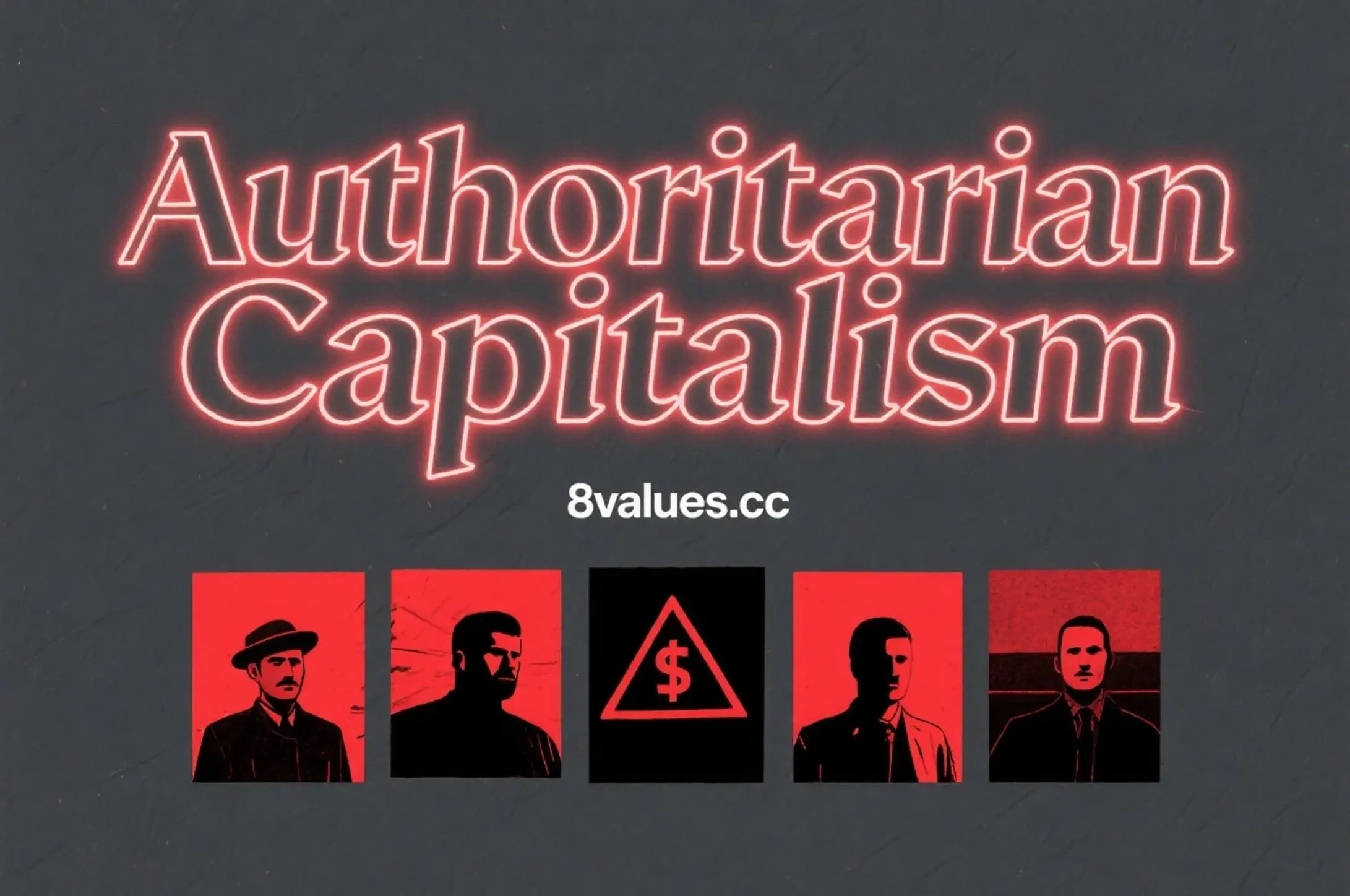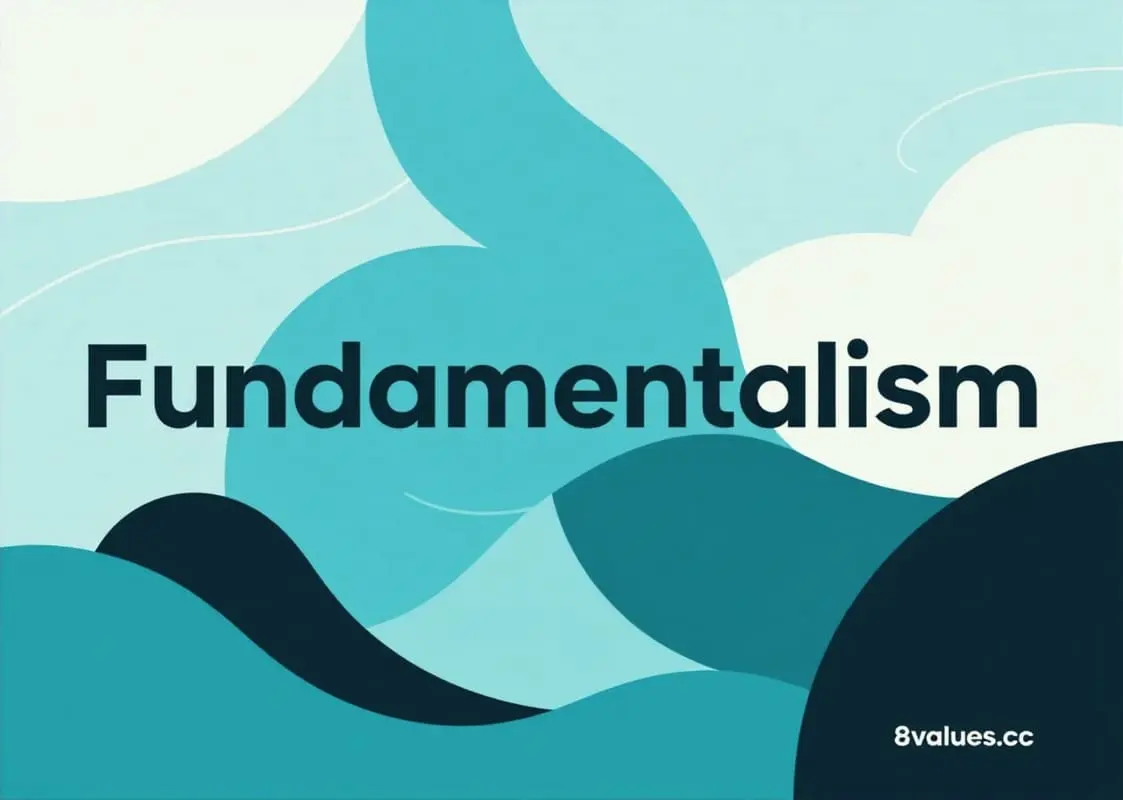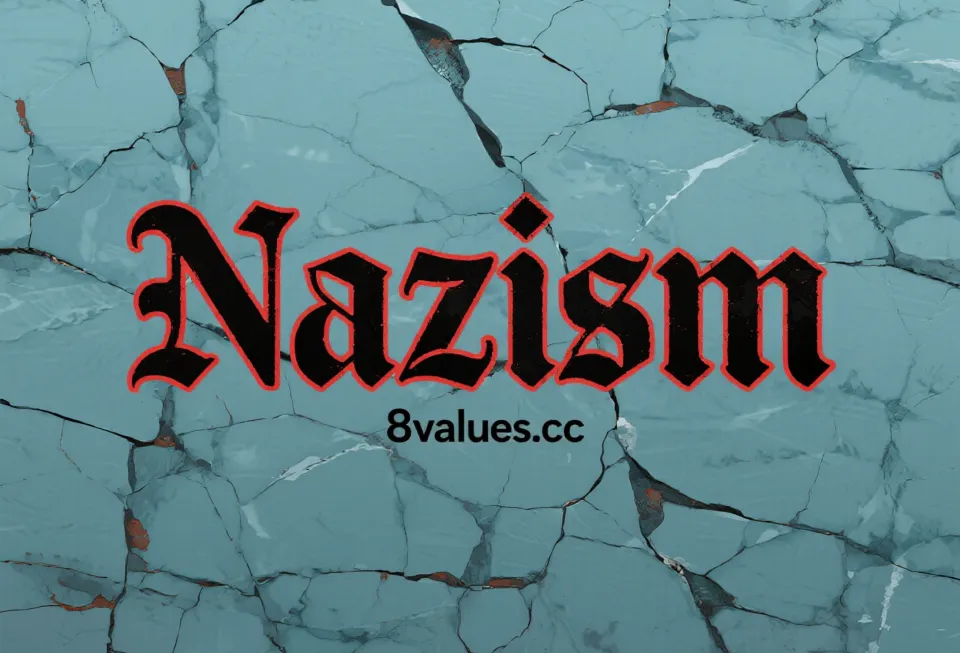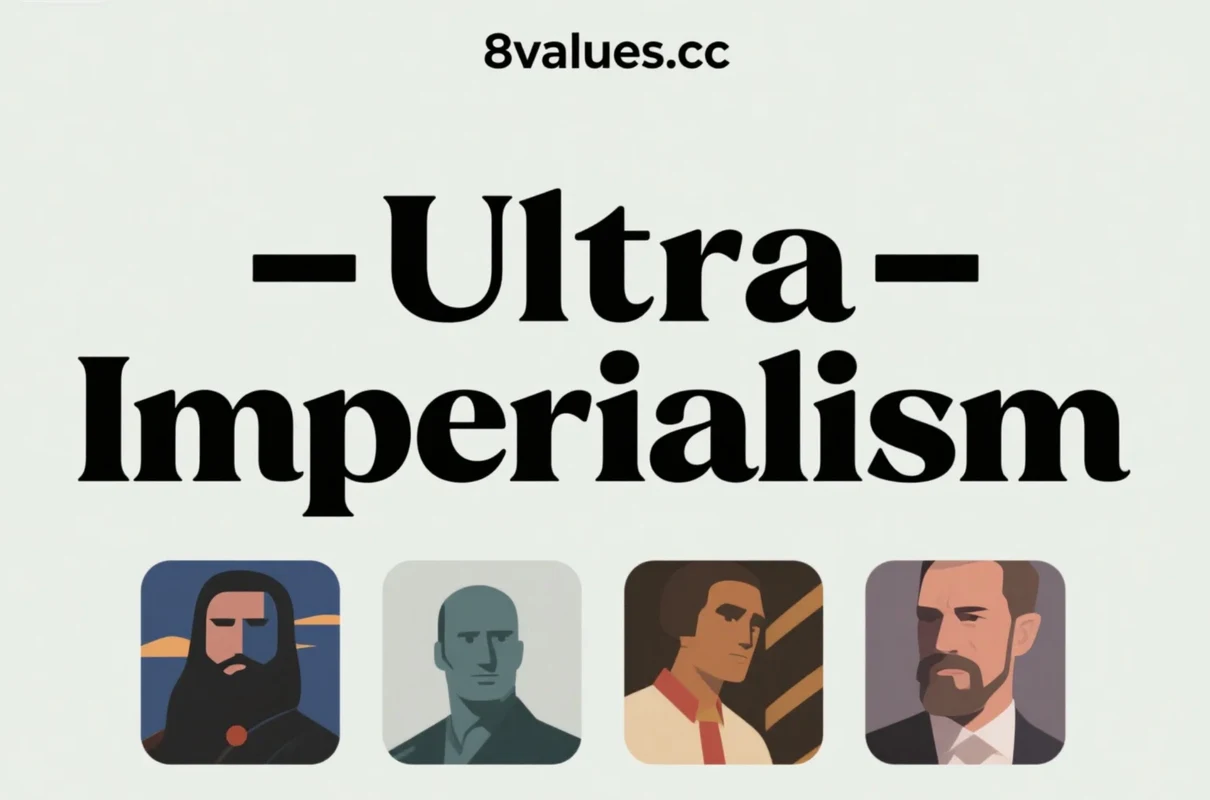An in-depth interpretation of Agorism: anti-economics and the revolutionary path to the free market
Agorism is a libertarian philosophy founded by Samuel Edward Konkin III (SEK3), which advocates the construction of a stateless society based on voluntary exchange through non-violent market activities of "counter-economics". This article will delve into the core concepts, revolutionary strategies of black marketism and its impact on modern society, especially in the field of digital currency.
Agorism is a radical free market anarchist political philosophy that aims to establish a society in which all relationships between people are voluntary exchanges - that is, a pure free market. The philosophy was founded by Canadian-American libertarian writer and activist Samuel Edward Konkin III (SEK3, 1947–2004) and was systematically elaborated in his 1980 New Libertarian Manifesto.
The word Agorism is derived from the ancient Greek word "agora" (ἀγορά), which refers to the market square or meeting place in the ancient Greek city-states. In ancient Greece, the market was the center of social, political and economic life, where people of the civil class traded and communicated. Kang Jin uses this to symbolize an open market society without state intervention and as free as possible from theft, fraud and coercion . This ideal society is considered to be the closest to a free society that humans can achieve.
If you're interested in your political leanings and want to know how closely your values align with Agorism or its opposite, try taking a systematic test like the 8Values Political Tendency Test to pinpoint where you stand.
The core philosophy and consistency principle of Agorism
The philosophical foundations of black marketism were heavily influenced by the Austrian School of economics, especially the praxeology of Ludwig von Mises and the radical libertarianism of Murray N. Rothbard. Conkin was a former follower of Rothbard and is sometimes seen as a more radically consistent Rothbardian than Rothbard himself.
Value subjectivity and the negation of coercion
One of the core ideas of the Austrian school of economics is the subjectivity of value : the value of a commodity does not depend on its production cost, but on the individual's subjective feeling of its utility. Government intervention, such as taxation or regulation, forces people to engage in involuntary transactions, thereby replacing individual subjective value judgments with a "national perspective."
The basic tenet of black marketism is the Non-aggression Principle : active violence or the threat of it (coercion) is wrong (immoral, evil, extremely impractical, etc.) and prohibited; otherwise, everything is allowed . Black marketeers view coercion as a universal disutility that should be reduced.
Integrating Libertarian Theory and Practice
Konkin defines Agorism as the consistent integration of libertarian theory and anti-economic practice . He emphasized that theory must be consistent with reality, otherwise it will be useless or become a deception. Black marketism is precisely to solve the contradiction of "excessive theory and insufficient practice" that existed in early libertarian theory.
From the perspective of black marketism, the state is "a thug within a thug, a gang within a gang, a conspiracy within a conspiracy" and maintains its existence through coercion. Konkin divides the ways of acquiring wealth into two types: " economic means " (production and voluntary exchange) and " political means " (predation and coercion). Therefore, using political means (such as participation in elections or political parties) to achieve anti-national ends (the free market) is contradictory and self-destructive .
Counter-economics: the means of nonviolent revolution
Counter-economics is a core strategy and tactic of black marketism, viewed as a form of peaceful direct action .
The definition and goals of anti-economics
Anti-economics was originally proposed by Konkin and J. Neil Schulman, and it is defined as: the study and practice of all non-mandatory human activities prohibited by the state . Its core goal is to gradually siphon away the resources and control that the country depends on for its survival .
Counter-economic activities aim to create economic institutions and operations parallel to the state , thereby dismantling the coercive monopoly of the state and allowing the market to openly provide the security services needed to protect private property and freedoms. This is also considered a form of Profitable Civil Disobedience .
Four divisions of the market
In order to distinguish different types of economic activities, Black Marketism divides the market into four categories:
- White Market: refers to the exchange of goods and services that are explicitly approved, regulated, and taxed by the state. This is where most legitimate economic activity occurs.
- Gray Market: Refers to goods and services that are legal, but transactions occur outside official channels, usually to avoid tax or regulation , such as unlicensed operations, cash transactions, or private mutual aid networks.
- Black Market: Refers to the transaction of goods and services that are considered illegal by the state but are exchanged voluntarily by both parties, such as drug trading, unlicensed medical treatment, underground currency trading, etc.
- Red Market: Refers to economic activities involving violence, coercion, theft or fraud, such as human trafficking, assassination, and extortion. Red market activities are firmly rejected by black marketism as violating the principle of non-aggression.
Black marketeers mainly focus on and advocate non-violent economic activities in gray and black markets, exchanging risks for profits, and ultimately achieving social change by expanding the scale of the counter-economy .
Specific areas of counter-economic practice
Many non-violent acts in everyday life can be seen as manifestations of counter-economic activity, whether one is consciously aware of its political implications or not. These activities include:
- Alternative Finance and Currency : Using cryptocurrencies such as Bitcoin, Bartering or precious metals to bypass national fiat currencies and financial systems.
- Unlicensed services and transactions : Providing goods or services that are not licensed by the government, such as home-grown produce, baked goods, beverages, home and car repairs, nanny services, etc.
- Tax Resistance : Avoiding or resisting taxes through undeclared “under the table” services or income.
- Independent education and media : Build alternative education programs, homeschooling or independent media platforms to counter establishment narratives and state control.
Class Theory and Political Positioning
Agorism adopts a unique class theory that differs from traditional Marxist class analysis.
The conflict between producers and predators
Black Marketism believes that the real class conflict lies between individuals who operate peacefully in the market and those who use state power to plunder wealth from peaceful individuals .
Konkin segments market players into three categories:
- Innovative entrepreneurs (Entrepreneur) : They are innovators, risk takers and producers in the economy. They make profits by creating value and are the power of the free market ( positive role ).
- Non-statist capitalists : They are capital holders who lack clear ideological awareness, are "relatively mediocre non-innovators" and tend to abide by existing rules ( neutral role ).
- Pro-statist capitalists : They are "the main evil in the political field" and consolidate their own wealth ( negative role ) by cooperating with national governments to obtain monopolies, subsidies and privileges at the expense of productive individuals.
The self-positioning of left-wing libertarianism
Advocates of black marketism often characterize the philosophy as Left- libertarianism . Konkin chose the "left" label in part to appeal to the New Left and to position black marketeers as those interested in building counter-economic enterprises, as opposed to libertarians who espouse minimal state, incrementalism, or conservatism (who are considered "right-wing").
Konkin believes that his black marketism is not radically different from anarcho-capitalism in theory. Both pursue stateless, free markets. However, the two have fundamental strategic differences .
Unlike anarchocapitalism, black marketism:
- Opposition to Political Participation : Black Marketism strictly opposes voting, participating in political parties, or any traditional political reform, arguing that it only serves to legitimize the state. Konkin calls this strategy "partyarchy."
- Emphasize counter-economic practices : Treat counter-economics as the only effective revolutionary path.
- Differential treatment of capitalists : Unlike some anarcho-capitalists who will support established large companies, black marketeers will criticize and exclude those "pro-statist capitalists" who use state power for profit.
In the political spectrum, Agorism is regarded as "revolutionary market anarchism". If you would like to explore the different streams of market anarchism in more detail and where you fall on the left-right political spectrum, you can assess your leanings with the LeftValues test and the RightValues test respectively.
The revolutionary path and modern significance of Agorism
The revolution of Agorism is achieved not through violent uprisings, but through market mechanisms and economic growth .
Four-stage revolutionary model
In his work, Konkin outlines four stages of transition from Statism to Agora:
- Stage 0: Zero Density Agora Society : Libertarian ideas are dispersed and there are no conscious black marketeers.
- Phase 1: Low-Density Agora Society : The first conscious anti-economic libertarians emerge. The main task is to convert unconscious anti-economic actors into conscious black marketeers through education and propaganda.
- Stage 2: Medium-density, small-cohesion Agora society : The anti-economic network expands to form an agorist sub-society . During this phase, the state noticed the growth of black marketism and the need for protection and defense began to arise in the community.
- Stage 3: High-density, large-scale agglomeration of Agora society : As national resources are exhausted and authority is corroded, the country enters a terminal crisis . At this point, the protective and arbitral institutions generated by the market are powerful enough to confront the state, marking the final transition to a free society.
- Stage 4: Agora society with remnants of the state : After the remnants of the old state have been completely eliminated, the free market replaces coercive relations. Corporate organizational structures will tend to be flattened and become a conglomeration of independent contractors and entrepreneurs .
Modern Technology and Anti-Economics
The concept of Agorism is highly consistent with the rise of modern technology, especially Cryptoanarchy and Decentralized Technology.
- Cryptocurrencies : Bitcoin and decentralized autonomous organizations (DAOs) are seen as powerful tools for the counter-economy because of their ability to circumvent state monopolies and controls over currency and finance . Silk Road founder Ross Ulbricht made it clear that his actions were inspired by the works of Konkin and Schulman.
- Internet and Privacy Protection : Konkin foresaw as early as 1986 that if the counter-economy could solve the information problem, for example through advanced encryption technology (Encryption), it would be able to advertise, collect payments, and distribute products without being detected by the state. This enables the concept of online black markets (Darknet Marketplaces) to be realized.
Agorism provides a radical but pragmatic approach, emphasizing the corrosive effect of individual actions and market forces on the state . It encourages people to shift attention away from ineffective political activities and towards personal autonomy and community self-reliance . The practice of black marketism seeks to prove that happiness, peace, and progress are possible without government regulation .
By continuing to expand their counter-economic activities, black marketeers believe they are building a truly free society, the ultimate realization of the Agora . If you are interested in in-depth analysis and understanding of political ideologies, our official blog will provide you with more in-depth interpretations of different political value ideologies, including analysis content related to the 9Axes Political Ideology Test .
